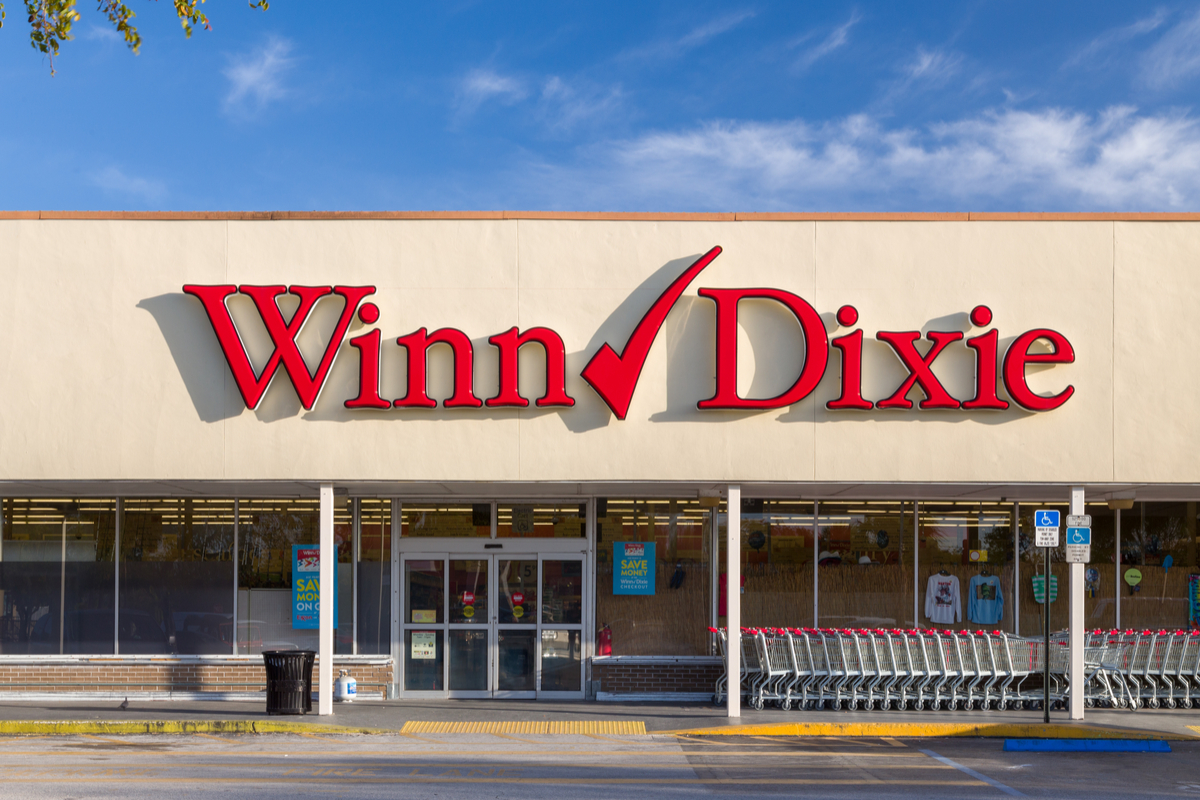Connecting state and local government leaders
City halls, planners and community stakeholders ignore the current instability in the grocery sector at their own potential peril.
SEATTLE — Here’s a difficult question that local economic development and planning officials across the U.S. would probably rather not think about: If the grocery industry is disrupted in ways other parts of the retail sector have been upended by online shopping in recent years, what happens to the physical footprint of the traditional grocery store if brick-and-mortar locations aren’t necessarily needed in the same way or same number?
It’s an important question for communities across the nation, whether they’re a struggling smaller city or an economically thriving urban area.
For decades, grocery stores have been fixtures in neighborhood commercial corridors and have anchored countless shopping centers in urban and suburban areas—usually accompanied by a large parking lot. In more recent years, the introduction of a new grocery store, like Whole Foods, has served as a catalyst for neighborhood redevelopment or an integral part of a mixed-use development. In food deserts, a new grocery store opening can be transformative for struggling communities. A store closure can be equally as devastating.
Grocery sector instability is also a very timely issue for public officials to consider.
Amazon.com, Inc.’s $13.7 billion acquisition of Whole Foods last year sent shockwaves through the grocery world. More Amazon-related grocery reverberations are expected. The Seattle-based online retailing giant this month announced plans to deliver Whole Foods groceries through its Prime Now service in select markets. It also opened two Amazon Fresh pickup locations and a new cashierless Amazon Go convenience store in Seattle.
All this has put traditional brick-and-mortar retailers either in a defensive position or has pressured them to pursue new strategies to stay relevant to consumers and financially viable. In January, the Menomonee Falls, Wisconsin-based Kohl’s department store chain announced it would lease a portion of its store footprint to other retailers, including grocery and convenience stores.
Meanwhile, the nation’s largest grocery chain, Boise, Idaho-based Albertsons, which has 2,323 stores across the U.S., announced this week a bid to acquire the remainder of the Rite Aid pharmacy chain that’s not being sold to Walgreens. That would give Albertsons more than half of Rite Aid’s 2,569 locations, the Los Angeles Times reported.
Where does all of this retail instability and consolidation lead to? It doesn’t look like a pleasant place for traditional brick and mortar grocers, according to Quartz:.
A bloodbath is imminent. Grocery stores have notoriously slim margins—earning a dollar or two, maybe three on every $100 shoppers spend—and Amazon could bleed even those profits dry.
While city halls and local economic development offices don’t necessarily need to worry about the nuts and bolts of grocery economics the same way large national chains like Albersons and Kroger do, they need to be very mindful about sales tax revenue. Empty stories don’t generate revenue local governments need to provide services. And empty stores can depress sales at adjacent businesses.
In Longmont, Colorado, a Front Range city north of Denver, vacant anchor stores in shopping centers, including a shuttered Safeway grocery location, has driven down business.
"We have 12 other businesses in our shopping center that are losing between 10 and 30 percent” of sales, Teresa MacPhail, the owner of Mac's Place diner at the Fox Creek Marketplace in Longmont, said at a recent local business advisory committee meeting, according to the Times Call. " ... It's a huge concern to anyone attached [to a shopping center] where a large store decided to pull up its anchor and leave."
It’s a likely scenario that awaits many other grocery-anchored shopping centers around the nation, adding to the commercial real estate challenges that have accompanied the closure of department stores like Macy’s, JCPenney and Sears and other national Big Box retailers.

What’s the next big shoe to drop in the grocery world?
The parent company of Winn-Dixie, which operates grocery stores in the Southeast U.S., is undergoing a strategic review as it looks at a possible bankruptcy and the prospect of closing 200 stores, according to the Orlando Sentinel. That’s news that any local economic development official with a Winn-Dixie in their community should be tracking and prompting difficult questions of what could follow.
While there are many interesting case studies of successful redevelopment of vacant stores, there are plenty of examples of shuttered retailers dragging down communities they leave. In so many places, local officials and economic development champions will have a lot of difficult work ahead to adapt to the nation’s changing retail landscape.
Michael Grass is Executive Editor of Government Executive’s Route Fifty and is based in Seattle.

NEXT STORY: Despite Slow Growth, Tax Revenue Has Recovered in 29 States




